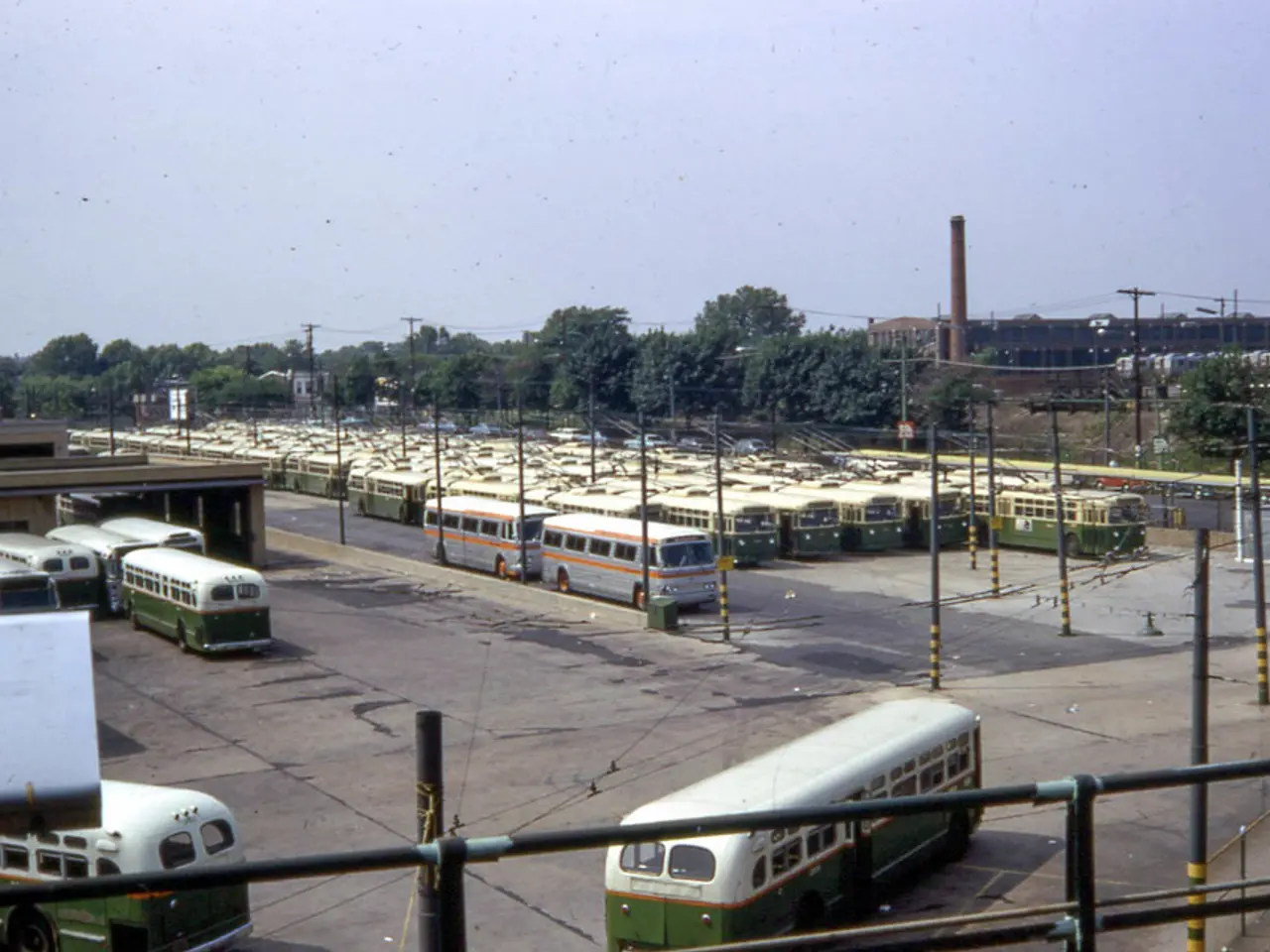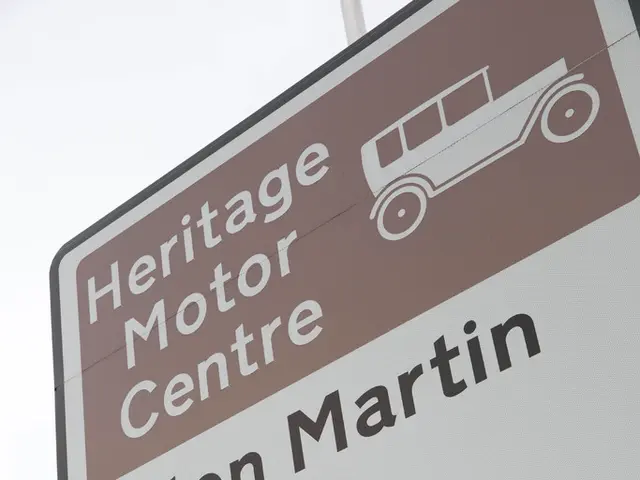Dresden Leads EU's 'MOBILITIES for EU' Project to Slash Transport Emissions
The European Commission has launched the 'MOBILITIES for EU' project, a five-year initiative involving 28 institutions. Dresden is at the forefront, collaborating with partners like Volkswagen Group Innovation and SAP SE to develop energy-efficient transport solutions.
The project, funded by the European Commission, aims to tackle Europe's energy consumption and greenhouse gas emissions from transport. Responsible for over 30% of total energy consumption, transport is the second-largest emitter of greenhouse gases in Europe. The project will last for five years and includes 11 pilot actions, such as introducing autonomous electric buses and creating a decentralized data ecosystem for automated driving.
Dresden, one of two pilot cities, is working with local partners like Fraunhofer IVI, TU Dresden, and Saxon Energy Agency SAENA. The city is also part of the European Commission's 'Climate-neutral and smart cities' mission, aiming to be climate-neutral by 2030. The project's key themes are electrification, automation, and connectivity, with the goal of developing new business fields for involved actors and accelerating the transition to climate-neutral traffic in European cities. Madrid and Dresden are the lead cities, with Ioannina, Trenčin, Espoo, Gdańsk, and Sarajevo acting as replication cities.
The 'MOBILITIES for EU' project, led by Dresden and Madrid, is set to transform urban mobility. With a focus on electrification, automation, and connectivity, the project aims to create energy-efficient and user-oriented transport concepts. By 2030, Dresden and its partner cities aim to adapt and further develop the processes from this project to meet their individual needs, contributing to Europe's goal of becoming climate-neutral.







